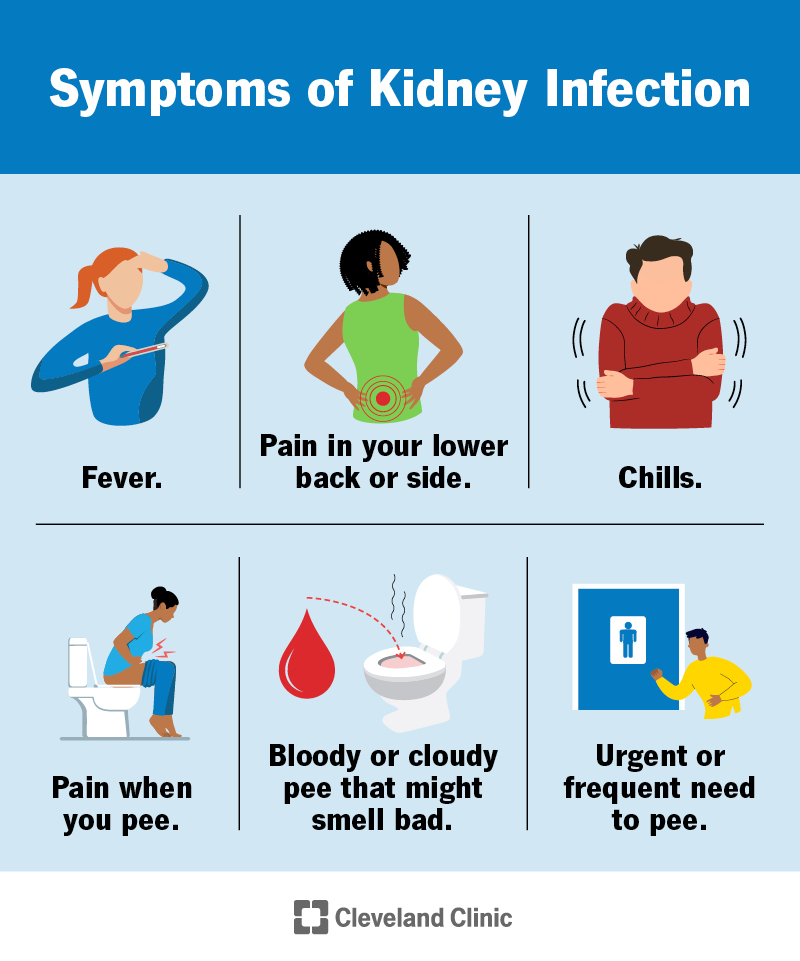Comprehensive Guide to Kidney Stones vs UTI: Medical Diagnosis, Causes, and Relief
Comprehensive Guide to Kidney Stones vs UTI: Medical Diagnosis, Causes, and Relief
Blog Article
Exploring the Symptoms and Causes of Kidney Stones in Comparison to Urinary System Infections: A Thorough Overview
The exploration of kidney stones and urinary tract infections (UTIs) exposes an intricate interaction of signs and symptoms and underlying reasons that warrant careful assessment. While both problems can cause hematuria, they offer distinctive professional features and arise from different etiological factors. Understanding the nuances of each condition is important for efficient diagnosis and administration. What are the crucial differences in their signs, and exactly how might these inform treatment strategies? The answers to these questions may provide vital insights right into the avoidance and care of these usual urological concerns.
Overview of Kidney Stones
Kidney stones, also known as renal calculi, kind when specific compounds in the urine crystallize and aggregate, leading to the growth of tough down payments within the kidneys. These rocks can differ in dimension, ranging from a grain of sand to a golf sphere, and can be composed of numerous materials, one of the most typical being calcium oxalate, uric acid, struvite, and cystine. The development of kidney stones is influenced by a number of factors, consisting of dietary behaviors, fluid consumption, and genetic tendency.
Symptoms of kidney stones might include extreme pain in the back or side, blood in the urine, nausea or vomiting, and frequent peeing, particularly as the rock moves with the urinary system tract. Diagnosis typically includes imaging researches such as ultrasound or CT scans, alongside urinalysis to determine the rock's make-up.
Treatment alternatives differ based on the size and kind of stone, in addition to the extent of symptoms (Kidney Stones vs UTI). Little rocks might pass naturally with enhanced liquid consumption, while bigger stones may need clinical treatments such as lithotripsy or surgical removal. Comprehending the pathophysiology and threat factors connected with kidney stones is crucial for effective prevention and administration
Introduction of Urinary System System Infections
Urinary system system infections (UTIs) are typical bacterial infections that affect any kind of component of the urinary system, consisting of the kidneys, ureters, bladder, and urethra. They mainly happen when germs, frequently from the gastrointestinal tract, get in the urinary system, leading to swelling and infection.
The occurrence of UTIs is notably greater in ladies than guys, mainly due to physiological distinctions, such as a shorter urethra. Risk variables consist of sexual task, specific contraceptive methods, urinary system retention, and dehydration. The diagnosis of UTIs is generally validated with urine examinations, which might reveal the visibility of germs, leukocyte, or red blood cells.

Signs of Kidney Stones
The pain related to kidney stones can materialize in numerous means, frequently leading individuals to seek clinical focus. Among one of the most common symptoms is severe pain, normally local in the reduced back or side, which might emit to the abdominal area or groin. This discomfort, frequently referred to as sharp or cramping, can happen unexpectedly and might fluctuate in intensity.
Additionally, people may experience hematuria, or blood in the urine, which can vary from microscopic amounts to visible discoloration. This sign may be come with by adjustments in urinary habits, such as boosted regularity or seriousness, as well as pain throughout peeing. Queasiness and vomiting are likewise prevalent, typically resulting from the body's reaction to extreme discomfort.
In some situations, people may experience high temperature and chills, specifically if an additional infection creates because of the blockage brought on by the rocks. Overall, the mix of extreme pain, hematuria, transformed urinary patterns, and intestinal signs and symptoms can offer substantial insight into the visibility of kidney rocks, calling for punctual medical examination and treatment. Understanding these signs is crucial for timely medical diagnosis and reliable management of the condition.
Signs of Urinary System Tract Infections
Infections within the urinary tract commonly offer a variety of distinctive signs that can dramatically impact life. The most typical signs and symptoms consist of a relentless urge to urinate, frequently gone along with by a burning feeling throughout peeing, called dysuria. People might likewise experience boosted regularity of peeing, generating tiny quantities of pee each time.
Various other significant signs and symptoms consist of reeky or gloomy pee, which might suggest the existence of germs or pus. Sometimes, urine may show up pink or red as a result of the existence of blood, a condition called hematuria. Additionally, individuals may experience pelvic pain or stress, which can additionally worsen the feeling of urgency.
Systemic symptoms may additionally show up, such as high temperature, chills, and fatigue, specifically if the infection has actually ascended to the kidneys. It is important to recognize these symptoms early, as untreated urinary system tract infections can lead to extra serious problems. Kidney Stones vs UTI. Prompt clinical attention is suggested when these signs are observed, enabling ideal analysis assessment and therapy to minimize discomfort and protect against additional health problems
Causes of Each Condition
Regularly, kidney stones and urinary system tract infections emerge look at this web-site from unique yet occasionally overlapping causes that can influence individuals in different ways. Kidney stones commonly click to investigate develop as a result of metabolic elements, nutritional choices, and genetic proneness. Enhanced degrees of calcium, oxalate, or uric acid in the pee can result in rock development. Dehydration, insufficient liquid consumption, and high-sodium diets can aggravate these conditions, promoting formation within the urinary system tract.

Recognizing these unique causes is critical for prevention and therapy. Kidney Stones vs UTI. While way of life modifications might reduce the risk of kidney rocks, appropriate health and timely therapy of urinary system infections are necessary for decreasing their recurrence and linked problems
Verdict
In summary, kidney rocks and urinary system system infections present distinctive symptoms and underlying reasons. Kidney stones are characterized by serious discomfort and metabolic elements, while urinary system tract infections mostly entail bacterial infections bring about urinary seriousness and pain. Although both conditions can lead to hematuria, their formation systems vary considerably. Understanding these distinctions is crucial for efficient medical diagnosis and treatment, eventually improving client results for those affected by either problem.
The exploration of kidney stones and urinary system infections (UTIs) discloses a complex interplay of signs and underlying reasons that call for mindful exam.Urinary system infections (UTIs) are typical bacterial infections look at this web-site that affect any part of the urinary system, including the kidneys, ureters, bladder, and urethra.Regularly, kidney rocks and urinary system system infections develop from unique yet often overlapping causes that can affect individuals in a different way.In summary, kidney stones and urinary system system infections present unique symptoms and underlying causes. Kidney rocks are defined by serious pain and metabolic factors, while urinary system system infections primarily entail microbial infections leading to urinary system seriousness and discomfort.
Report this page